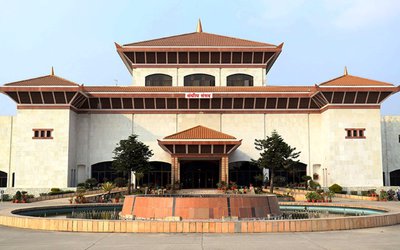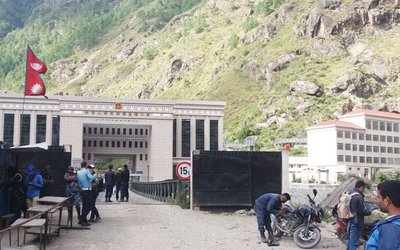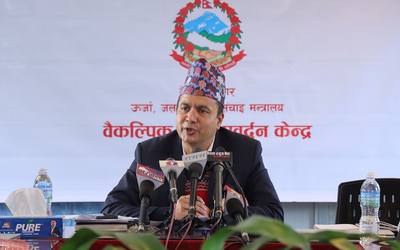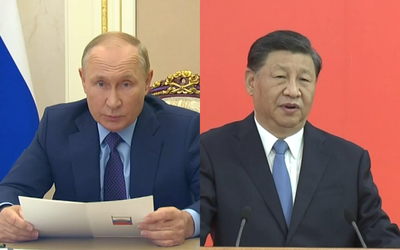
“Everyone was panicked and anxious for possible deportation by ICE,” said a 22 year old Nepali student pursuing under graduate class in Harvard University on condition of anonymity.
Like him, more than 14000 Nepali students currently studying in the United States find in a situation where they have little options. US immigration authorities have now said that international students whose courses move fully online this autumn could face having their visas revoked.
The US Immigration and Customs Enforcement (ICE) announced Monday that international students will not be issued visas if they are enrolled in schools that are fully online.
The guidelines, issued by U.S. Immigration and Customs Enforcement, provide additional pressure for universities to reopen even amid growing concerns about the recent spread of COVID-19 among young adults.
"Active students currently in the United States enrolled in such programs must depart the country or take other measures, such as transferring to a school with in-person instruction to remain in lawful status," ICE said. "If not, they may face immigration consequences including, but not limited to, the initiation of removal proceedings," it added.
ICE said the State Department "will not issue visas to students enrolled in schools and/or programs that are fully online for the fall semester nor will US Customs and Border Protection permit these students to enter the United States." F-1 students pursue academic coursework and M-1 students pursue "vocational coursework," according to ICE.
However, this decision has left thousands of Nepali students in uncertain scenario. In 2019, over 13,000 Nepali students were enrolled in colleges and universities across the US.
About 10,000 Nepali students may be affected by this rule. Even if students want to return home, they have to face many hassels. There are no flights and chartered flights are expensive and mandatory requirement of COVID-19 Test certificate.
An advisory said that unless students switch to courses with face-to-face tuition, they could be deported. As the border shutdown and airport
With the spread of coronavirus, there are major changes for higher education across the world and many institutions embracing virtual tuition as a way to allow students to continue their learning.
The decision has caused uncertainty and fear for the hundreds of thousands of international students who rely on student visas in the US.
"I would really hope that ICE [US Immigration and Customs Enforcement] reconsider the policy. It's affecting every single international student here in America. We paid huge amounts of money and came here with dreams. For those who cannot afford the plane tickets or whose home country has a closed border, they may face deportation.
- Special Envoy of the Minister of Foreign Affairs of Korea Visits Nepal
- Jan 22, 2025
- Development of tourism infrastructure is necessary for tourism development: President Dhakal
- Jan 22, 2025
- Weather Forecast: Fair Weather In Bagmati, Madhesh And Lumbini
- Jan 22, 2025
- Four New Korea Overseas Volunteers Arrived In Nepal
- Jan 21, 2025
- Parliament’s Winter Session Call For January
- Jan 21, 2025














